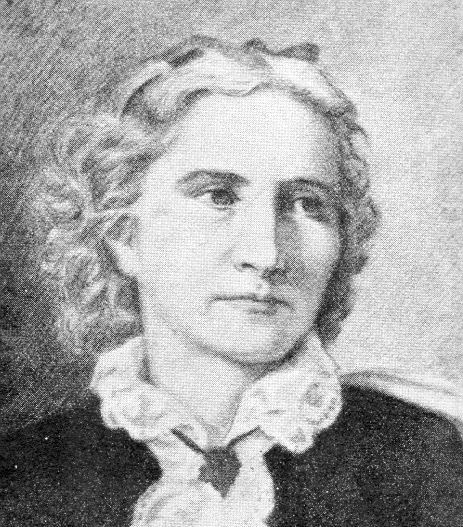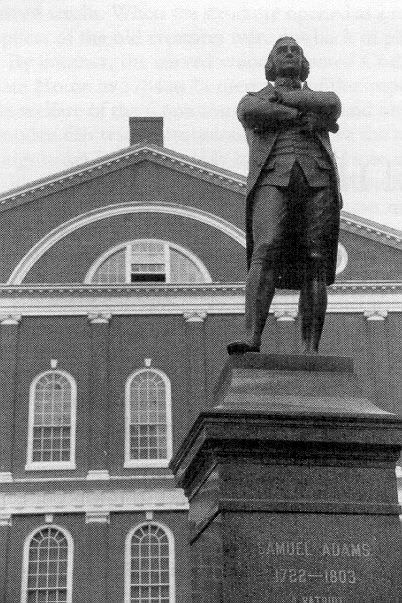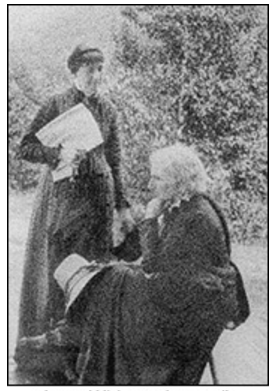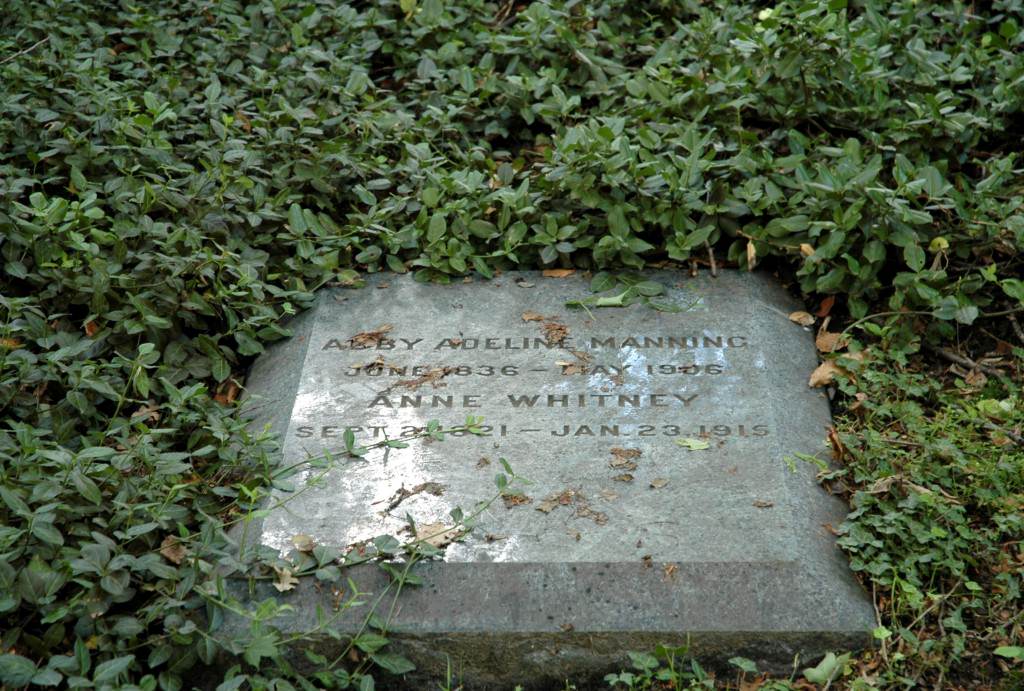
Anne Whitney (1821-1915)
Poet & Sculptor
Anne Whitney was born in Watertown, Massachusetts on September 2, 1821.
The seventh child of Nathaniel Ruggles Whitney and Sally Stone Whitney, Whitney was raised in a liberal, Unitarian family. She was tutored until entering a private academy at the age of 12, around the time that she began writing poetry.
Whitney developed an interest in abolitionist and women’s rights advocates such as William Lloyd Garrison, Lucy Stone, Ralph Waldo Emerson, Emily Blackwell, and Charles Sumner (Lot 2447, Arethusa Path) and began publishing poetry in Harper’s and Atlantic Monthly. In 1855 she took up sculpture and continued working in poetry, publishing a volume of poems in 1859. The collection was met with positive acclaim by The North American Review.
In 1862 Whitney opened her own sculpture studio and began modeling busts of friends and relatives before turning to figures that represented her social ideals. She sculpted a life-sized statue of Lady Godiva, based on Tennyson’s poem, which represented the moral story of personal sacrifice in the name of public good. Whitney’s support of the abolitionist movement was exemplified by Africa (1864), which used the image of an awakening enslaved woman to symbolize the awakening of Africa as the Civil War broke the bonds of her children’s enslavement.

Whitney frequently traveled to Rome and Europe to study, but worked primarily in the U.S. on such commissioned pieces as Samuel Adams and Leif Ericson, displayed in Faneuil Hall and Commonwealth Avenue, respectively. She entered and won a contest to create a statue of Senator Charles Sumner, but once the judges discovered that the anonymous contestant was a woman, they retracted their decision and gave the commission to the runner up, Thomas Ball. Whitney’s model was cast in bronze and erected in Harvard Square in 1902, when she was 81 years old.
Whitney lived in Watertown with her family until her mother’s death in 1893, and then moved to Boston to share a home with her sister, Sarah, and partner, Abby Adeline Manning (1836–1906).

She intimately shared her life alongside Manning, who dedicated her life to Whitney. For 40 years the two maintained what was referred to as a "Boston marriage," denoting a enduring partnership between affluent, educated women, which was widely acknowledged within their social circle. Writer, Annie Adams Fields remarked about the relationship, stating, "the two women complement and repose each other."
Whitney was buried in the Manning family lot at Mount Auburn following her death at the age of 93.

Anne Whitney is buried at Mount Auburn in Lot 709 on Thistle Path.
Footnotes:
Adapted from the research of Judy Jackson and Cathy Breitkreutz, as published in Mount Auburn’s Person of the Week: Anne Whitney, 1999.
Rita K. Gollin (2002). Annie Adams Fields: Woman of Letters. Univ of Massachusetts Press. pp. 176–177. ISBN 1-55849-313-1.
